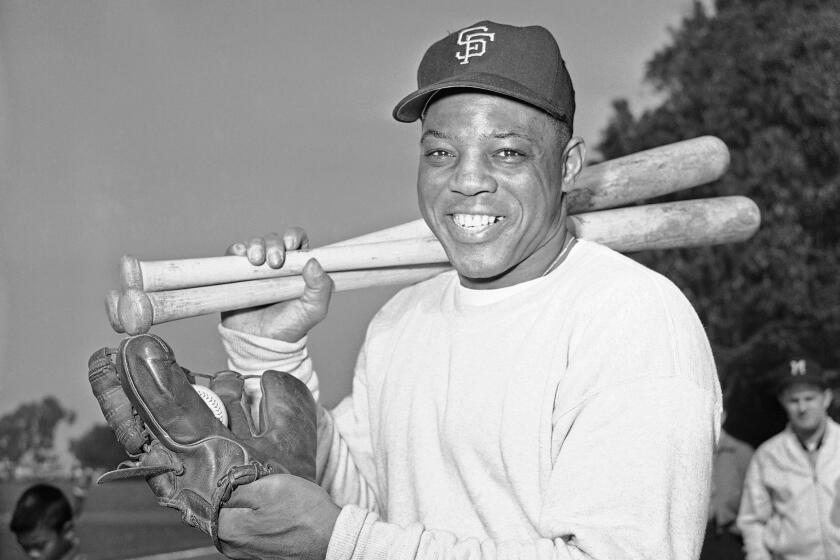New Dangers Are Evident in Rape-Case ‘Reforms’
A woman named Cathy Crowell recently admitted that her accusation of rape,which sent an innocent man to prison for six years, was false. This recantation raises profound questions that go beyond the injustice done to Gary Dotson. The horrible crime of rape poses extraordinary dilemmas for our criminal-justice system. There probably is no serious crime for which more guilty criminals remain unprosecuted. Recent studies suggest that only half of all rapes are even reported, and fewer are prosecuted.
But the crime of rape, like other crimes, occasionally is the subject of a false accusation. Sometimes the entire story is fabricated; at other times the degree of force or persuasion employed to obtain “consent” is exaggerated. The point is that there is a substantial risk that an innocent defendant will spend years in prison, as Dotson did.
Perhaps because so few guilty defendants are prosecuted, when a rape suspect is brought to trial the “need” to convict him sometimes seems to outweigh the obligation to ensure that justice is done. The rules of evidence have been changed to make it easier to convict defendants of rape and harder to cross-examine alleged rape victims. This is understandable, inasmuch as one reason so few rapes are prosecuted is the trauma to which a complaining witness is often subjected at trial. However, these legal changes have not been without substantial costs: Each change makes it both easier to convict the guilty rapist and more difficult to acquit the innocent.
For example, it used to be the law that before a defendant could be convicted of rape the victim’s story had to be “corroborated.” This meant that the accuser’s story alone wouldn’t be enough. The law was changed to permit conviction on the basis of the victim’s word alone. In general that has been a positive change, since it no longer places alleged rape victims in the unique category of being distrusted without “real” proof. However, it also makes it somewhat easier for a woman to lie and make up the entire story.
The law used to say that the defendant’s lawyer could cross-examine the alleged victim by asking her about her “prior sexual history.” This invasion of privacy not only deterred many victims from bringing rapists to trial but also led some jurors to disbelieve that a woman who had been sexually active--”promiscuous,” as some put it--could be raped. Now the defense attorney may not cross-examine the complaining witness about her prior sexual activity unless it is specifically relevant to the issues in the case.
Some newspapers used to publish the names of both the alleged rapist and the alleged victim before the trial. Now many newspapers no longer publish the names of the alleged victims, on the grounds that it would be unduly embarrassing to them. This presumes the conclusion sought to be reached at the trial: that the alleged victim was in fact raped by the defendant. It also denies the defendant the opportunity to obtain relevant negative information about the complaining witness--for example, a prior history of false accusations.
It used to be common for judges to be uniquely insensitive to complaining witnesses in rape cases. Now, as a result of court-watching programs by anti-rape groups, some judges seem fearful of making legal rulings in favor of rape defendants.
These and other changes reflect a healthy realization that more must be done to prevent and combat the scourge of rape in our society--but they also reflect a diminishing concern for the defendant, who may have been falsely accused.
As one civil-liberties lawyer, who is concerned about the sometimes vigilante attitude toward accused rapists, puts it: “Some people regard rape as so heinous an offense that they would not even regard innocence as a defense.”
Although the whole story has not yet emerged, Dotson spent six years in prison because a 16-year-old girl apparently preferred to cry rape rather than admit her own sexual experimentation. The legal system that convicted Dotson, despite his corroborated alibi and weaknesses in the state’s case, failed us all.
There will be time to assess blame and learn lessons after Dotson has been freed. However, this travesty should serve as a constant reminder that injustice is a two-way street: It’s unjust for a guilty rapist to go free, and it’s also unjust for an innocent defendant to be wrongly convicted. Our legal system must strike a balance to ensure that in our understandable ardor to convict the guilty we do not sacrifice the rights of the innocent, even--perhaps especially--when they are charged with horrible crimes such as rape.
